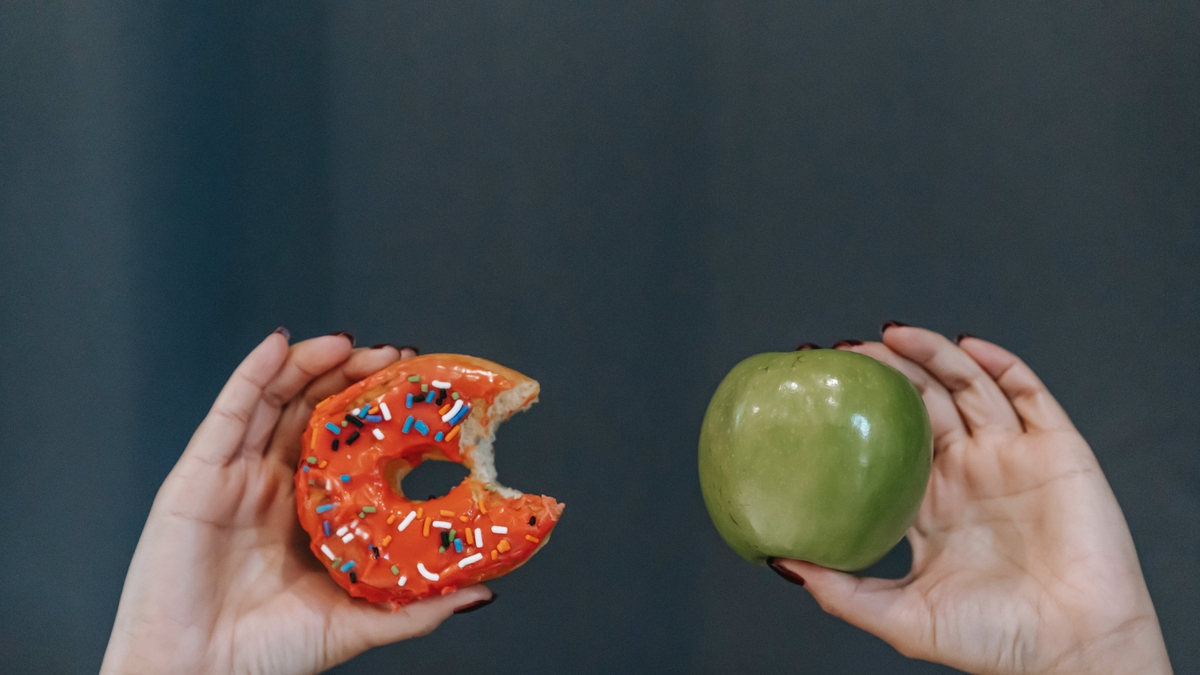
With the fast-paced, high-stress lifestyle many of us lead, it’s not uncommon to reach for comfort food during stressful periods. However, new research suggests that this could do more harm than good, particularly when it comes to your body’s ability to recover from the effects of stress. A recent study has found that consuming high-fat foods before a mentally stressful episode can impair brain oxygenation, cause poorer vascular function, and negatively impact mood.
Understanding the Impact of Fatty Foods on Stress Recovery
The study showed that the impairment in vascular function persisted for longer when participants had eaten fatty foods. Reduced arterial elasticity was detected up to 90 minutes after the stressful event. This is significant because arterial elasticity is a key factor in cardiovascular health. When arteries are less elastic, they are less able to expand and contract as needed, which can increase the risk of cardiovascular disease.
The research also linked the consumption of fatty foods to reduced brain oxygenation. This is concerning as adequate oxygen supply to the brain is crucial for maintaining cognitive function and mental well-being. The study’s findings are backed by other research on the impact of obesity on brain structure, cognitive function, and neurogenesis. Obesity, often linked to a diet high in fat, is associated with systemic inflammation due to the build-up of adipose. This inflammation can lead to neurodegeneration and cognitive decline.
Stress, Food Choices, and Their Effects on Health
Stress can have a significant effect on our food choices and eating behaviors. It’s common to crave carbohydrate-rich foods during stressful periods, with stress hormones driving these cravings. Coupled with the findings of the study discussed above, it’s clear that these food choices can have serious implications for our physical and mental health.
Mitigating the Impact of Stress and Fatty Foods
Fortunately, the research also provides some good news. Consuming low-fat foods and drinks can help mitigate the negative effects of stress on vascular function. Furthermore, consuming ‘healthier’ foods, rich in polyphenols, can completely prevent the impairment in vascular function during stressful periods. Polyphenols are powerful antioxidants found in many fruits and vegetables. They can help to reduce inflammation and protect against a variety of diseases.
Omega-3 fatty acids are another nutrient that can help to ameliorate the negative effects of stress and unhealthy diet choices. They have antioxidant, anti-inflammatory, and anti-apoptotic potentials, thereby suppressing oxidative stress, lipid peroxidation, and pro-inflammatory cytokines in nervous tissues.
Practical Tips for Healthier Eating Under Stress
Managing stress and making healthier food choices can be challenging, but there are some practical steps you can take. Here are some tips:
- Plan your meals in advance to avoid reaching for unhealthy options when you’re under stress.
- Consume a diet rich in fruits, vegetables, and sources of polyphenols and omega-3 fatty acids.
- Drink lukewarm water or detox drinks after meals to aid digestion and detoxification.
- Walk after meals to help with digestion and manage stress levels.
- Chew your food slowly and mindfully to ensure proper digestion and reduce overeating.
- Consider taking essential nutrients and supplements to support your diet and stress management.
By making these changes, you can help to mitigate the negative effects of stress on your body and mind, promoting better cardiovascular health and mental well-being.
